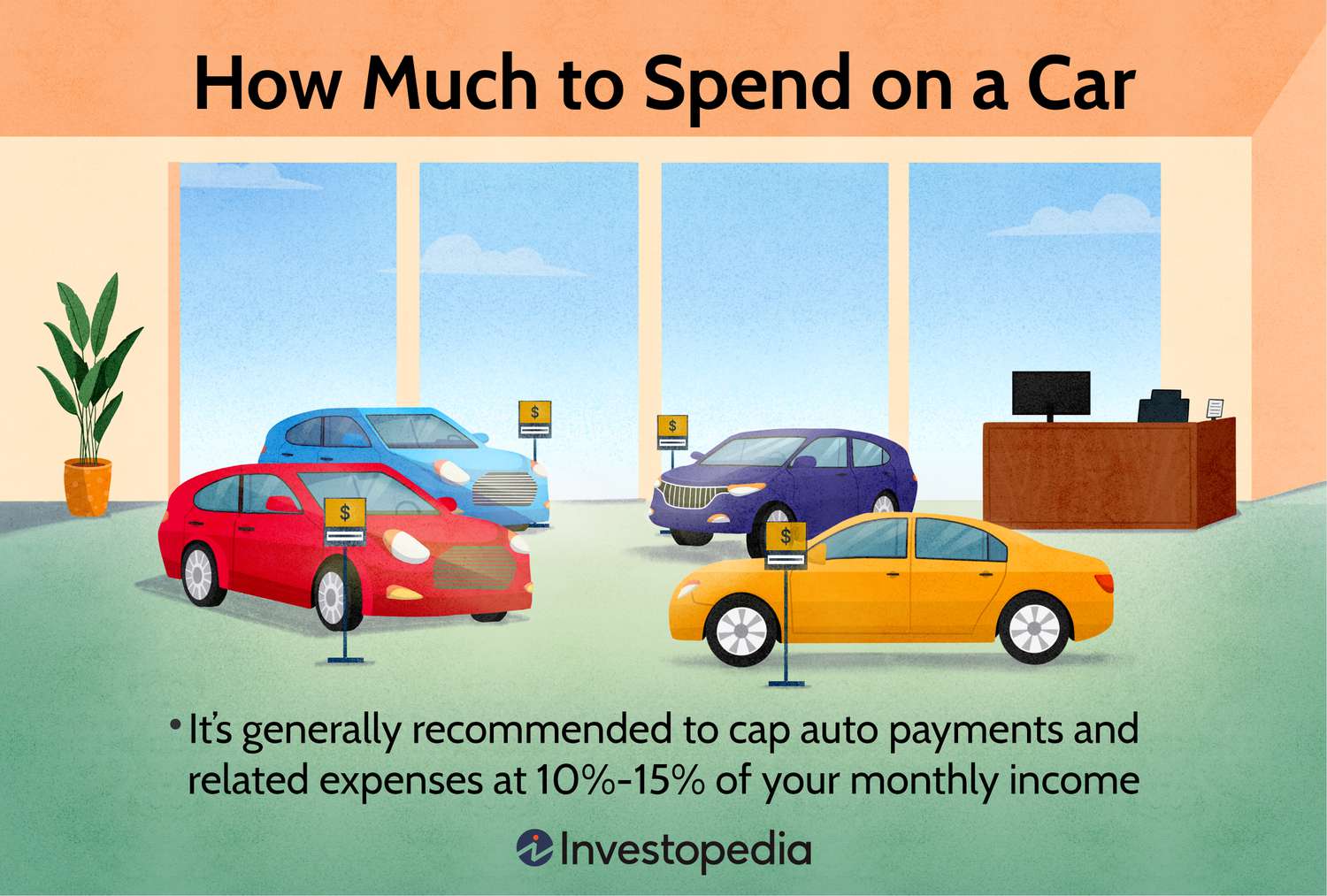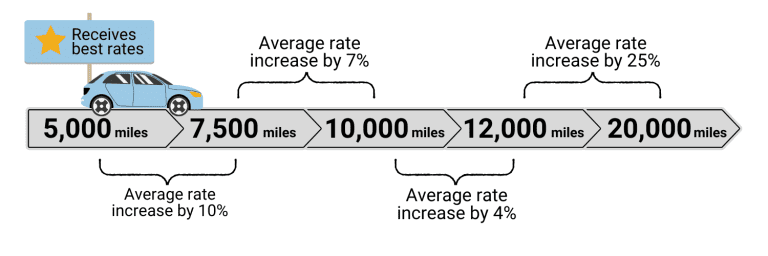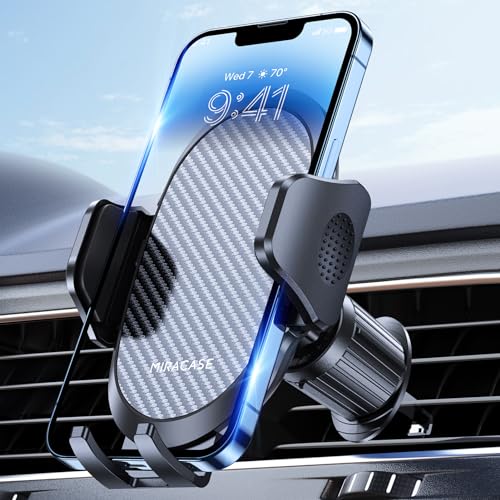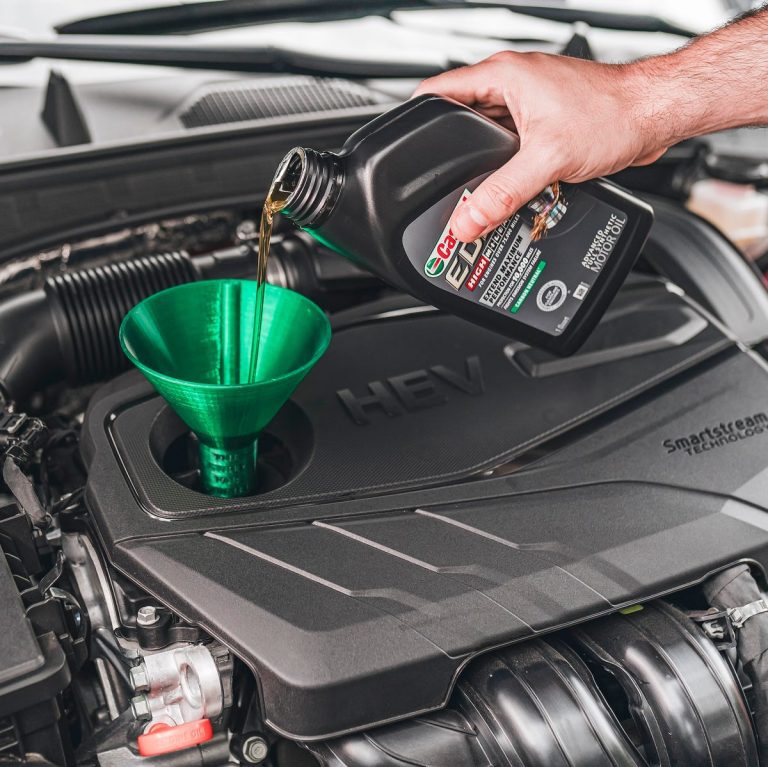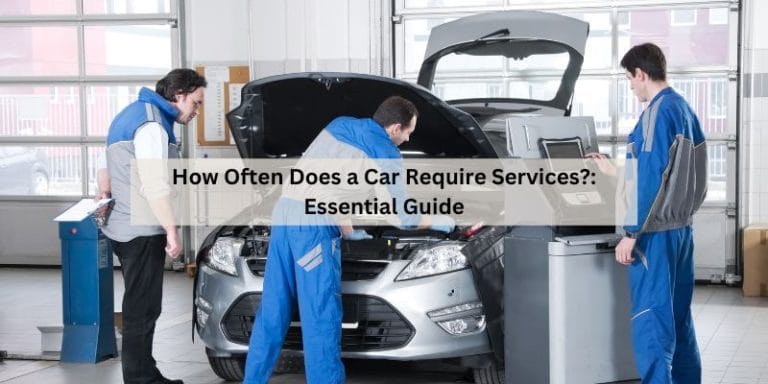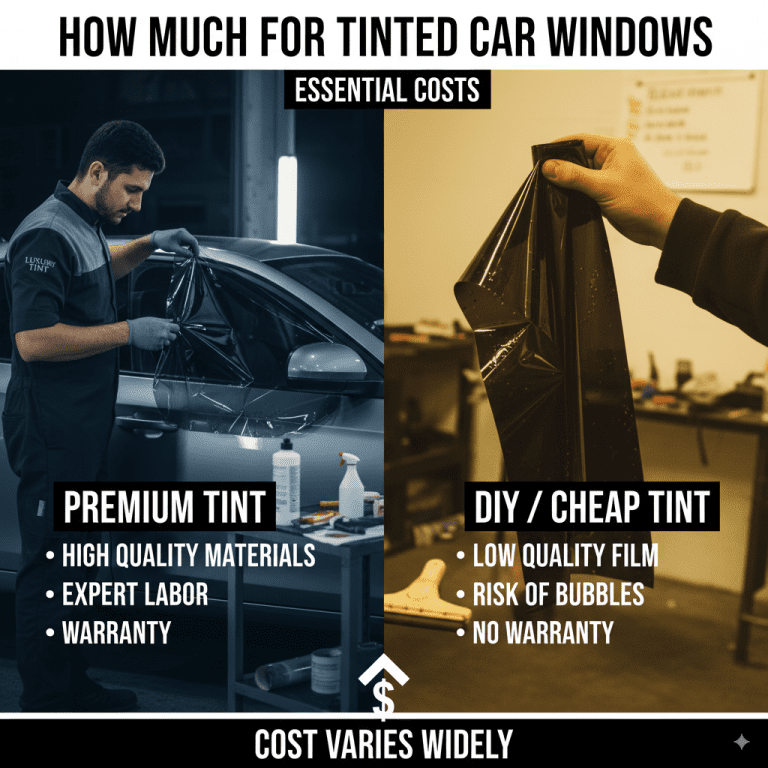How Much Should I Spend on a Car: Smart Budgeting Tips
How much you should spend on a car depends on your budget. Experts suggest spending no more than 15% of your monthly income.
But there’s more to consider. Buying a car is a major financial decision. It’s not just about the sticker price. You need to think about insurance, maintenance, fuel, and more. The right car fits your needs and your wallet. But how do you decide the right amount to spend?
This guide will help you figure it out. We’ll look at different factors. You’ll learn how to set a budget that makes sense for you. By the end, you’ll have a clear idea of what you can afford. Let’s dive in and make car buying simple and stress-free.

Credit: www.livefrugalee.com
Determining Your Budget
First, check your monthly income. Then, list your monthly expenses. These include rent, bills, food, and savings. Subtract your expenses from your income. This shows your disposable income. This money can be used for a car payment. But don’t forget about other costs. These include insurance, gas, and maintenance.
A good rule is to spend no more than 15% of your monthly income on a car. This helps avoid financial stress. If your income is $3,000, spend up to $450 monthly. Always keep some money for emergencies. Avoid spending all your savings on a car. Used cars are cheaper but may need repairs. New cars cost more but have fewer issues. Choose based on what you can afford.

Credit: www.livefrugalee.com
New Vs. Used Cars
New cars often come with the latest features. They usually have the best safety technology. A new car also has a full warranty. This means fewer repair costs early on. On the downside, new cars lose value quickly. The moment you drive it off the lot, it loses money. New cars also cost more upfront.
Used cars are cheaper. You can save a lot of money. They do not lose value as quickly as new cars. This means you get more for your money. Insurance for a used car is usually less expensive. You also have a wider choice within your budget. Used cars may need more repairs. But the cost is often less than buying new.
Financing Options
Determining the right amount to spend on a car involves understanding your budget and financing options. Aim to keep car expenses within 15% of your monthly income. Explore various loan terms to find a comfortable monthly payment.
Loans Vs. Leases
Choosing between a loan and a lease is important. Loans let you own the car. You pay monthly until the car is yours. Leases are like renting. You pay for using the car for a few years. After that, you return it. Monthly payments for leases are usually lower. But, you will not own the car at the end.
Interest Rates And Terms
Interest rates vary for loans and leases. Loans often have higher rates. The term, or length, of the loan affects the total cost. Short terms mean higher monthly payments. Long terms mean lower monthly payments. But, you pay more in interest. For leases, interest rates are called money factors. They are usually lower than loan rates. Consider both options carefully before deciding.

Credit: www.howtomoney.com
Total Cost Of Ownership
Insurance is a major part of car ownership. Rates depend on the car model. Older cars usually have lower premiums. Newer cars often cost more to insure. Consider your driving history. Clean records may get discounts. High-risk drivers face higher rates. Compare quotes from multiple companies. This helps you find the best deal.
Regular maintenance keeps your car running well. Oil changes, brake pads, and tire rotations are common. These costs add up over time. Unexpected repairs can be costly. Engine or transmission issues are expensive. Budget for these expenses. Use a trusted mechanic to save money. Regular check-ups can prevent big problems. Keep your car in good condition.
Depreciation Factors
Depreciation affects car value. New cars lose value fast. First few years are the worst. Used cars lose value slower. Some cars hold value better. Luxury cars and sports cars drop quickly. Consider this when buying.
Resale value matters. Some brands do better. Honda and Toyota often keep value. Regular maintenance helps too. Avoid cars with many owners. Keep records of all repairs. Buyers like this. Clean cars sell better. Avoid accidents. They hurt resale value.
Additional Expenses
Consider additional expenses like insurance, maintenance, and fuel when deciding how much to spend on a car. These costs can significantly impact your budget. Plan wisely to avoid financial strain.
Registration And Taxes
Buying a car is just the start. There are other costs too. You need to pay for registration and taxes. These fees depend on where you live. They can be a big part of your car’s total cost. It’s smart to check these fees first. This way, you won’t be surprised.
Fuel And Parking Costs
Don’t forget about fuel. Gas prices can add up fast. Think about how much you drive. This helps you know your fuel costs. Parking is another expense. Some places charge you to park. This can be daily or monthly. It’s important to budget for these costs. They add up over time.
Negotiation Strategies
Start by checking online car listings. Look for the same car model. Note the prices. Compare prices from different sellers. Visit car dealerships. Ask for price quotes. Use these prices to get a fair idea. Knowing the market price helps you negotiate better. This way, you won’t overpay. You will know the fair price range. Use this information during negotiations. It will give you confidence. Research is your friend.
Be polite and firm. Show that you know the market price. Ask for a lower price than the listed one. Point out any flaws in the car. Use these flaws to ask for a discount. Offer to pay in cash. This might get you a better deal. Be ready to walk away. Sometimes, sellers will lower the price to keep the sale. Always stay calm and patient. Good deals take time. Practice these tactics to save money.
Long-term Financial Planning
Think about how long you need the car. Will you drive it for years? Short-term use may cost less. A long-term car should be reliable. Keep future family needs in mind. More kids may need a bigger car. This prevents buying another car soon.
Save money before buying a car. A large down payment lowers monthly costs. This helps in emergencies. Keep a separate savings account. Use it for repairs or maintenance. Avoid using credit for these costs. This keeps you out of debt.
Frequently Asked Questions
How Much Should I Budget For A New Car?
You should budget 10-15% of your annual income for a new car. This includes purchase price, insurance, and maintenance costs.
Is It Better To Buy Or Lease A Car?
Buying is better if you plan to keep the car long-term. Leasing is ideal for short-term use and lower monthly payments.
What Are The Hidden Costs Of Owning A Car?
Hidden costs include insurance, maintenance, fuel, registration, and depreciation. These can add significantly to the total cost of ownership.
Should I Buy A Used Or New Car?
A used car is generally more affordable and depreciates slower. A new car offers the latest technology and warranties.
Conclusion
Finding the right budget for a car is essential. Consider your needs first. Evaluate your finances carefully. Remember to factor in insurance and maintenance costs. Avoid overspending by sticking to your budget. Research different models and prices. Make informed decisions to avoid future regrets.
Always prioritize your financial stability. Buying a car is a significant investment. Take your time and choose wisely. Happy car shopping!

